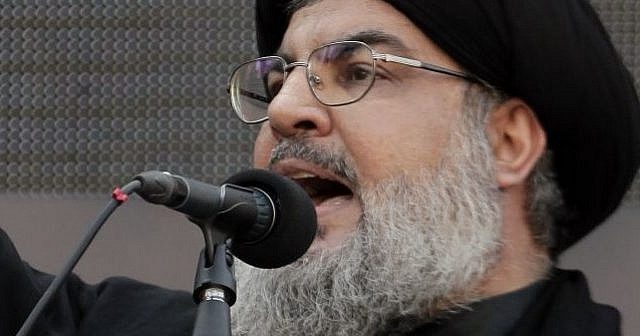The targeted killing of Hassan Nasrallah, the long-time leader of Hezbollah, by Israeli airstrikes marks a pivotal moment in the ongoing struggle against terrorism in the Middle East. Nasrallah, who led Hezbollah for over three decades, was instrumental in shaping the militant group’s regional dominance, backed heavily by Iran. His death is expected to have significant repercussions not only in Lebanon but also across the entire Middle East, with potential implications for global geopolitics, including India’s security and economic interests.
Impact on Hezbollah and the Axis of Resistance
Nasrallah’s leadership of Hezbollah transformed it into a regional powerhouse, effectively acting as Iran’s proxy in the Middle East. His death strikes a major blow to Hezbollah’s command structure, weakening one of Israel’s fiercest enemies. Without Nasrallah’s strategic and ideological guidance, Hezbollah might face internal leadership struggles, which could erode its influence in Lebanon and reduce its effectiveness in Syria, where it has been pivotal in supporting Bashar al-Assad.
The broader “Axis of Resistance,” which includes Iran, Syria, and allied militant groups, could experience significant disruption. Iran, already strained by international sanctions, now faces a key challenge in finding a leader who can maintain Hezbollah’s strong anti-Israel stance and uphold the group’s role as a regional destabilizer. This vacuum might embolden Israel to take further actions against other Iran-aligned groups, increasing the chances of broader regional conflict.
Escalating Middle Eastern Instability
The elimination of Nasrallah comes at a time of heightened tensions between Israel and its adversaries, particularly Hamas and other Palestinian groups. Hezbollah’s potential retaliation could draw Lebanon deeper into conflict, as Israeli Defense Forces prepare for further escalations. Israel’s assertive military stance, combined with Nasrallah’s assassination, increases the risk of a wider regional war involving not only Lebanon but also Iran, Syria, and possibly Iraq, where Iran’s influence runs deep.
A prolonged conflict in the region could disrupt global oil supplies, particularly from the Persian Gulf, sending shockwaves through international markets. For energy-importing nations like India, this could translate into higher oil prices, inflationary pressures, and economic instability.
Implications for India
India has a delicate balancing act in the Middle East. It maintains close ties with both Israel and Iran, walking a fine line between supporting Israel’s security concerns and preserving its energy and trade links with Iran. Nasrallah’s death could complicate this balancing act, as any escalation involving Iran would force India to recalibrate its diplomatic and economic strategies.
India’s security could also be affected, as Hezbollah has been involved in global terrorism networks. Hezbollah’s ties to radical groups in India, while limited, could be amplified if regional instability triggers a new wave of extremism. The potential for spillover effects in Kashmir or through Iran’s influence over certain Shia factions in India must also be considered.
Economically, disruptions in the Middle East could harm India’s large diaspora working in the Gulf, as well as its energy security. Increased tensions in Lebanon and Iran might also affect India’s investments in the Chabahar Port, which is crucial for accessing Central Asia and Afghanistan.
Conclusion
The killing of Hassan Nasrallah represents a significant victory for Israel in its war against Hezbollah, but it also introduces a new phase of uncertainty and potential conflict in the Middle East. For India, the immediate focus will be on managing the economic fallout and ensuring that its security and strategic interests are protected amid this volatile landscape. The broader impact on terrorism, regional alliances, and global energy markets will unfold in the months ahead, with India watching closely.






